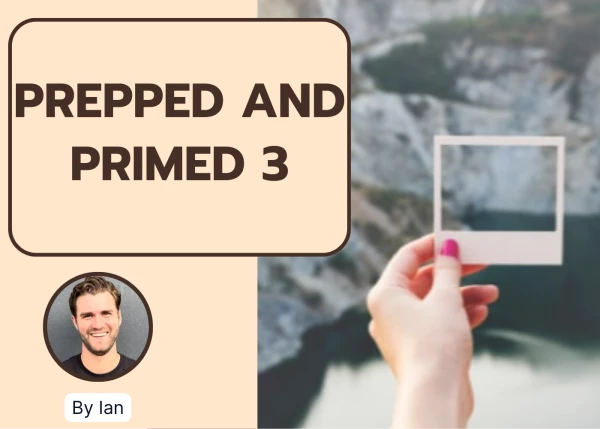1. Can we not simply calculate our market share?
A1: We know there is only 2 competitors in the market
A2: We have total units sold
A3: We have our units sold
-→ 12% market share (1800 EV units clients / 15000 EV units)
2. Comparing product fit to segment
From the graphs we can deduce the following:
O1: For smaller EV (150) we are targeting only <30 years segment, with 100 km
O2: For bigger EV (300) we are targeting only >50 years, 300 km
O3: Our competitor is only targeting >50 years, 250km
Conculusion: We are not competing when it comes to young folks and when it comes to 50 years we are (a) worse in price, (b) better in distance and (c ) in product features (assuming we are comparing fully equipped).
Case Observation: The observation of the case is that EV is for young folks under 300 km. Why would the case argue that? We don't have the relative share of the total market per each segment, so we can not make that assertion.
Instead what the case should ask is how our customers are valuing each of the relevant criteria, e.g. distance, price, equipment.
Without knowing this, the case continues to ask how to go about the margin problem? However, if we don't know what caused the problem in particular (e.g. why did below 30 people not pay for our cheap 150km car?) we haven't dentified the source of our flat sales yet.
Can someone please help me understand this?
Thanks!














